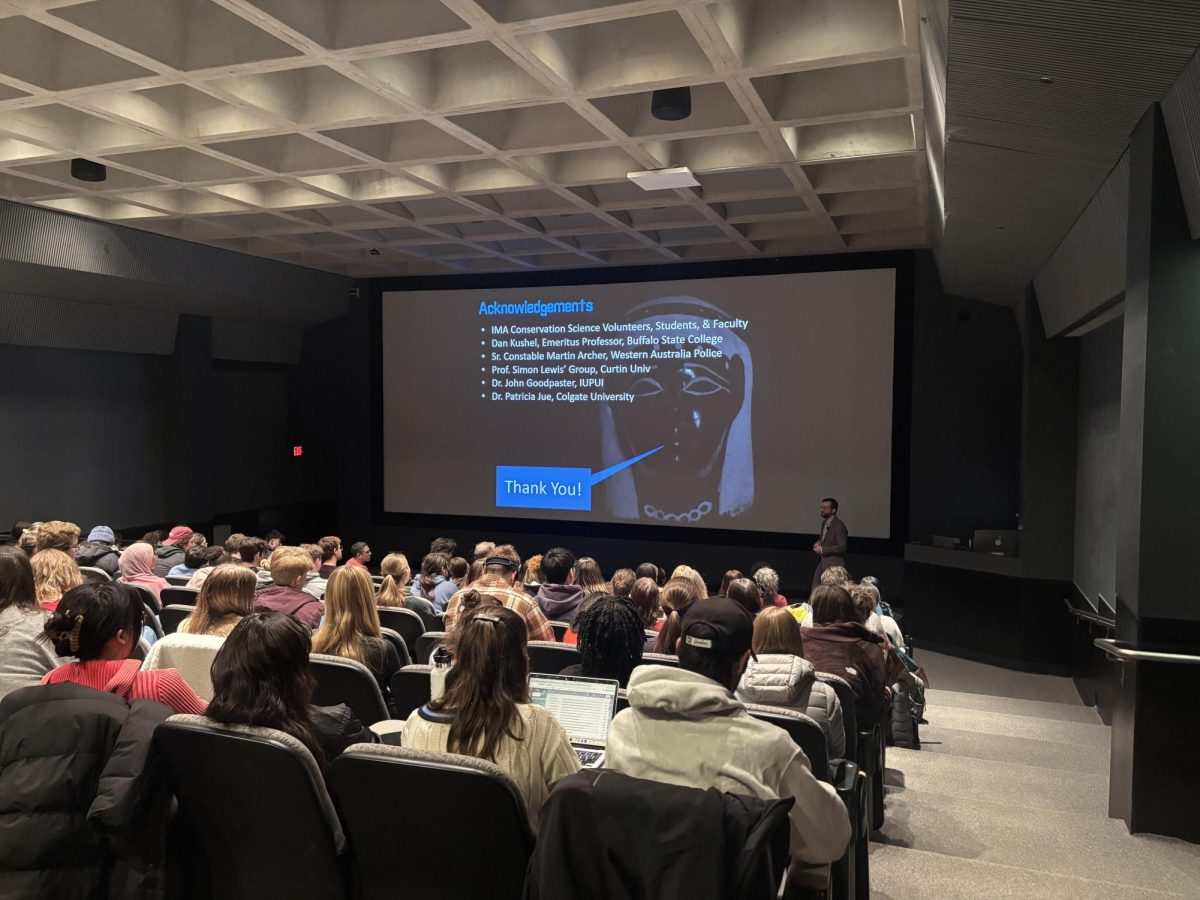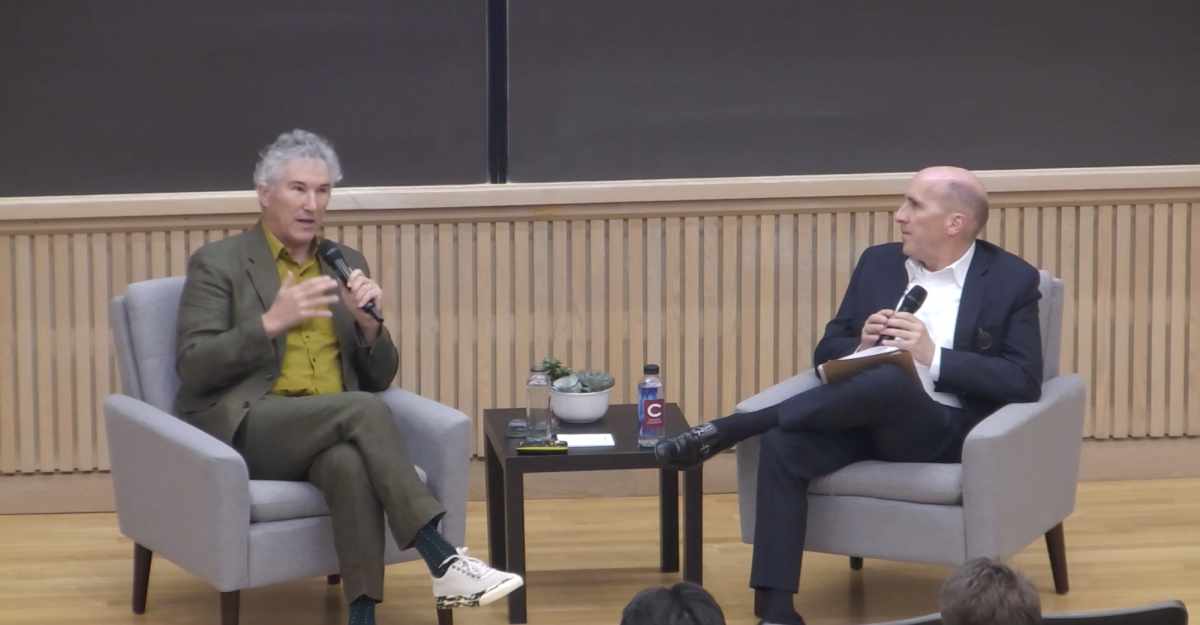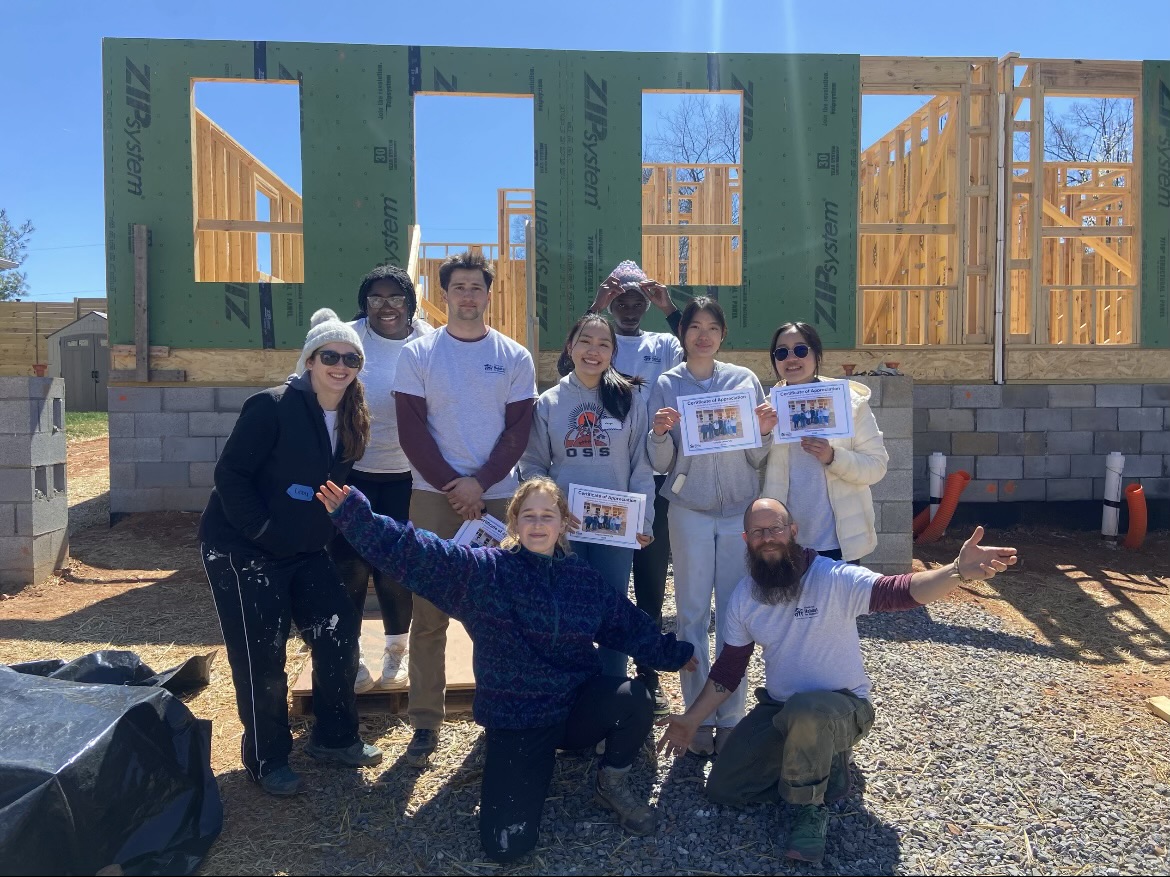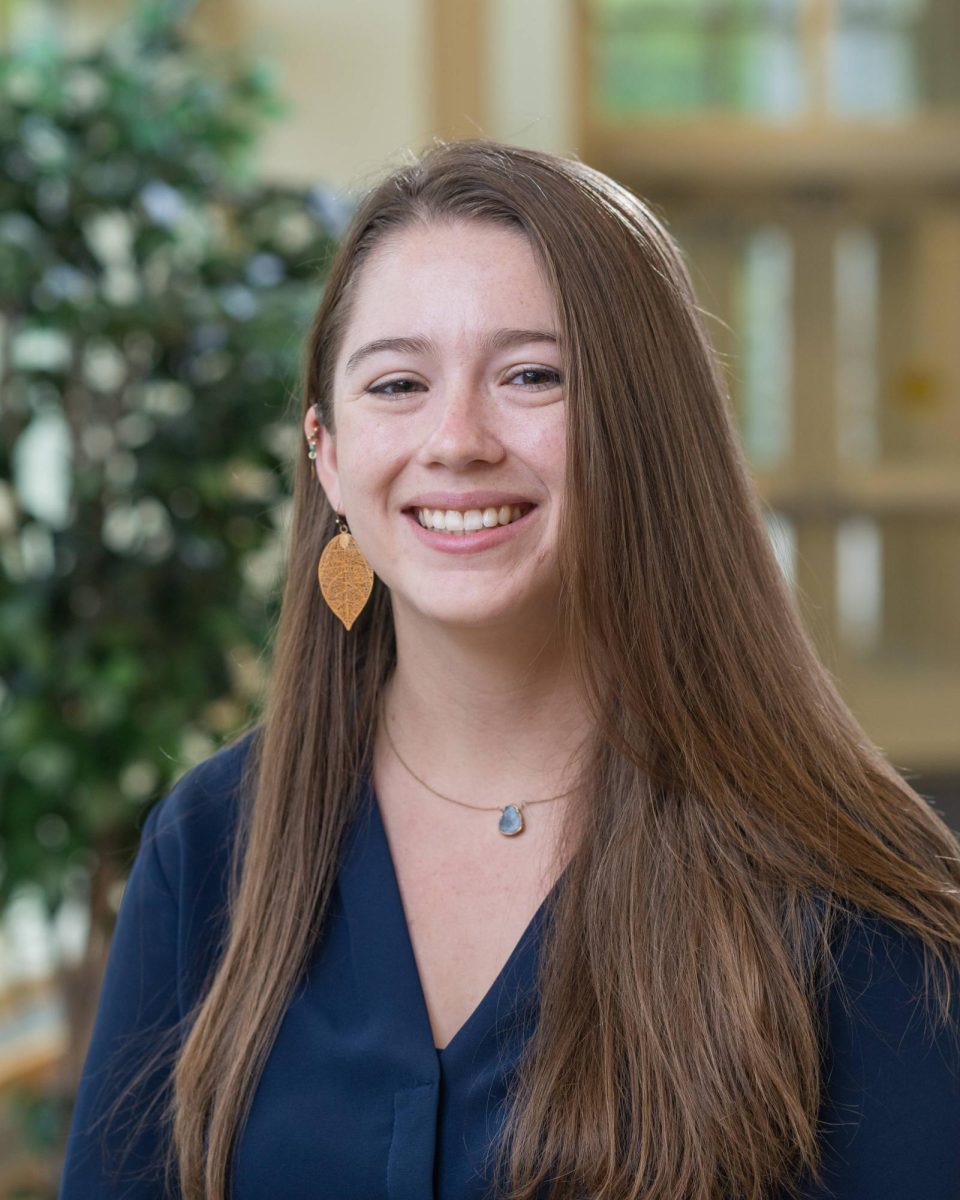The Middle Eastern and Islamic studies department (MIST) hosted Cairo-based refugee and migration law expert Parastou Hassouri via Zoom on Feb. 26. Hassouri has experience as both a refugee law consultant with the United Nations High Commissioner for Refugees (UNHCR) throughout North Africa and the Middle East and has taught at the American University of Cairo, making her well-versed in refugee crises. Amidst the growing turmoil amongst Palestinian refugees in Gaza, Hassouri’s lecture aimed to answer three questions: what it means to be a Palestinian refugee, how government organizations are involved in this crisis and what solutions are on the table.
Associate Professor of History and MIST director Noor Khan hoped this event would teach students about the underlying injustices contributing most aggressively to this crisis.
“No one can understand the current crisis in Palestine-Israel without understanding the situation of Palestinian refugees. Many students do not realize many refugees have been waiting 75 years for a political solution that either lets them go home or belong to a state in which they are citizens,” Khan said.
Hassouri began with an explanation of what constitutes a Palestinian refugee, providing a summative analysis of the history of Palestinian refugees dating back to the displacement of 750,000 Palestinians post-1948 War. She spoke of the myriad of UN interventions in this crisis, ranging from the establishment of the UNHCR post-WWII to the efforts of Folke Bernadotte, a UN-appointed mediator between Israel and Palestine, to the creation of the United Nations Conciliation Commission for Palestine (UNCCP). Hassouri addressed the long and frustrating history of UN efforts to navigate repatriation, integration and resettlement, which have thus far proved futile.
“The UNCCP convened a number of meetings and conferences in the years following its creation, all in hopes of promoting some sort of truce or compromise, but this issue of repatriation was steadfastly refused by the state of Israel,” Hassouri said.
Hassouri highlighted the role of the UN Relief and Work Agency (UNWRA), an organization created to provide humanitarian aid and support to Palestinian refugees. The organization has been the topic of a hotbed debate between Israel, Palestine and the United States. Many Palestinians and their global allies are frustrated by the lack of financial support and government protection shown to the UNWRA by the United States.
Khan spoke adamantly of the UNWRA’s importance.
“The role of UNWRA in maintaining some basic dignity of life for these refugees has been attacked so much recently that the fact that its mandate is, as a humanitarian institution, created by the UN — including the U.S. and Israel — is being ignored,” Khan said. “I hope that Hassouri’s talk makes clear to Colgate students that it is not UNWRA but the unresolved status of Palestinian refugees that is the problem. It’s impossible to imagine that any other aid organization could replace UNWRA’s role in the region without at least a temporary collapse in the supply of food, medicine, education and community organizing that are already stretched to the breaking point, particularly in Gaza.”
According to Hassouri, the prolongation of Palestinian displacement from Gaza and their unresolved citizenship is the result of deliberate policy and strangulation by the Israeli government, and their efforts to eliminate UNWRA is yet another piece of the puzzle of this effort to destroy this territory and its inhabitants.
“It’s important to understand that in the 56 years since Gaza was occupied, Israel has transformed it from a region that was politically and economically integrated with Israel and the rest of the West Bank into an isolated enclave. The term ‘Gaza Strip’ is a political construct. Before the events of the 1948 War, before there was a Gaza Strip, there was Gaza City; there was a whole province of villages around that Palestinians lived in,” Hassouri said.
Hassouri continued to explain the shared experience that Palestinians have reckoned with due to the displacement that has resulted from ongoing difficulties in the region.
“Every Palestinian identifies with this collective intergenerational trauma that has come to define what it means to be a refugee. Every Palestinian identifies with this sense of loss,” Hassouri said.
Hassouri shared her disappointment with the U.S. government’s unwavering support for Israel throughout the current crisis.
“The United States’ virtually unconditional support for what the Israeli government is doing feels surreal. Even though the U.S. has had a long history of supporting the Israeli government in its multiple violations of humanitarian law, including the multiple military operations in Gaza conducted over the past 17 years, what is happening now is beyond the pale,” Hassouri said. “I worry about what this says, not just about the U.S. but about us as a global community, and what this portends for future conflicts and future generations.”
Khan shared Hassouri’s critique of the continued U.S. support of Israel’s position in Gaza.
“I reiterate Hassouri’s point that the fact that the many violations of international law being committed by Israel now are being funded and diplomatically supported by the U.S. is not just a moral failing but a strategic one that is costing us the respect and trust of the world,” Khan said.
First-year London Pettibone is a student in Visiting Assistant Professor Metehan Tekinurk’s Comparative Politics of the Middle East class and found Hassouri’s explanation of Palestinian refugee status incredibly elucidating.
“Almost every country uses this framework when dealing with refugee issues. Understanding foundational concepts like Palestinian refugee law is integral to tracing the unraveling of this crisis. I definitely feel more equipped to navigate conversations in and out of class,” Pettibone said.
The Middle Eastern and Islamic studies department, which has sponsored or co-sponsored events to discuss Gaza since the conflict began in October 2023, will continue to host events throughout the semester.













